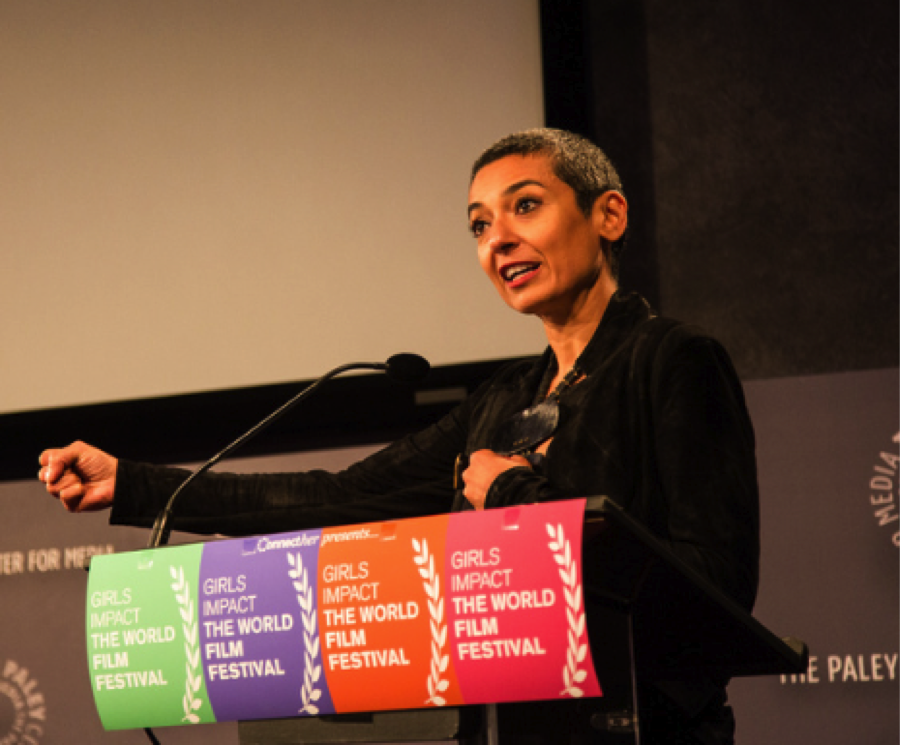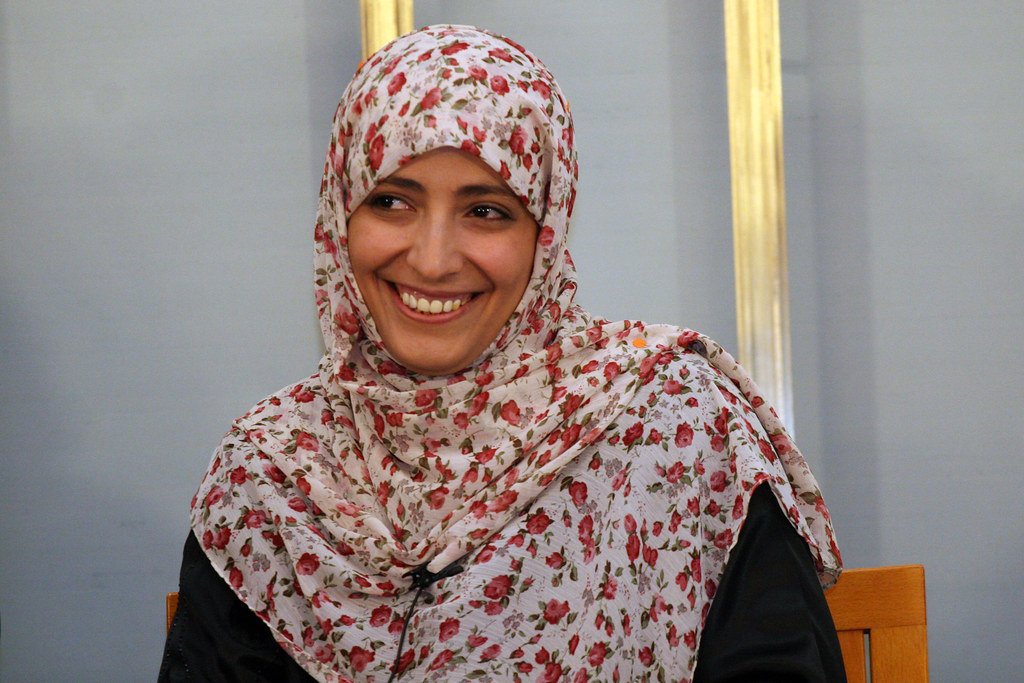Recognizing Important Arab Women Activists

By: Mariam Alyakoob / Arab America Contributing Writer
We are entering March, which is Women’s History Month. This month we are commemorating the contributions that women from all over the world have made. Many of these contributions have been made by strong Arab women as well. Let’s take some time to recognize some of these amazing women!
Nawal El Saadawi

Nawal El Saadawi was born on October 27th, 1931 in the small village of Kafr Tahlah, Egypt. At the age of six years old, Saadawi was forced to undergo a female circumcision, otherwise known as female genital mutilation. When she was 10, her family tried to marry her off, but El Saadawi rebelled. She would continue to rebel against traditional practices throughout her childhood and adulthood.
Saadawi received a medical degree from Cairo University in 1955, and a Masters in Public Health from Columbia University in 1966. She also conducted psychiatric research at Cairo’s Ayn Shams University in the early 70s. She greatly valued education.
During the 1960s, Nawal El Saadawi was appointed the director of the health education department within the Egyptian ministry of health. She was eventually kicked out of her position because of a book she wrote in 1969 titled Women and Sex. She continued to write many novels that discussed subjects such as female genital mutilation and women’s rights. She was eventually jailed for two months in 1981 for her internationally acclaimed written works.
Zainab Salbi

Zainab Salbi was born in Baghdad, Iraq in 1969. She eventually left for the United States in the late 80’s due to the Iraq Iran war. In the U.S, She received her bachelor’s degree in sociology and women’s studies from George Mason University and a masters degree in development studies at the London School of Economics.
When she was 23, Salbi and her husband, Amjad Atallah, founded the grassroots organization Women for Women International, which aims to provide support to female survivors of war. Salbi served as the CEO for Women for Women International from 1993 to 2011, where she grew the organization from helping 30 women to over 400,000 women from over 8 countries.
Tawwakkol Karman

Tawwakkol Karman was born on February 7th, 1979 in Taʿizz, Yemen. She was raised in a politically active family as her father was a minister of legal affairs. Karman received her bachelor’s degree in Commerce from the University of Science and Technology in Aden, Yemen and received a graduate degree in political science from the University of Sana’a.
Following her graduation, Karmen became politically active staging many sit ins in Sanaa demanding changes and government reforms, such as raising the legal marriage age for women to 17.
For her role in leading protests, Tawwakkol Karman became one of the youngest people to receive a Nobel Peace Prize and first women from the Arab world to receive it as well.
Joumana Haddad

Joumana Haddad was born on December 6th, 1970 in Beirut, Lebanon. Haddad is a poet, journalist, author and activist who has a doctorate degree in linguistics and translation from the Sorbonne in Paris.
In 1997, Haddad began working for An Nahar, an Arabic language, Lebanese newspaper, for whom she later became the editor in chief for their cultural pages.
Throughout her career, Haddad has seen many accomplishments. In 2009, she founded her own magazine titled Jasad, which covered politics and culture within the Arab world. She also taught at the American University of Beirut between 2012 and 2016, as well as started hosting a tv show in 2019. Haddad also speaks seven languages, has published over 15 books and has received notable awards such as the Blue Metropolis Arab Literary Prize and the Arab Press Prize.
Muzoon Almellehan

Muzoon Almellehan was born in Syria in 1999 and grew up in the city of Daraa. After the Syrian civil war broke out, Almellehan and her family moved to Jordan and lived in different refugee camps for 3 years, before later moving to the United Kingdom. Muzoon states that the one thing she brought with her from Syria was her books because of how much she valued education.
While at the first refugee camp she lived in, Za’atari, Muzoon Almellehan advocated for girls continuing to attend schools. She noticed that many girls were dropping out of school to get married, which wasn’t common in Syria, but became more common after the civil war started. Almellehan would go door to door of tents speaking to the parents of girls in order to persuade them to continue sending their daughters to school.
Muzoon Almellehan is also a good friend of Malala Yousefzai, whom she met during her visit to the refugee camp Almellehan was staying in. Muzoon is often described as the “Malala of Syria”.
Check out Arab America’s blog here!








